Methodologies And Frameworks
At Velmotech LLC, we embrace industry-leading methodologies and proven frameworks, complemented by our unique experience, to drive digital transformation and innovation. Our approach is rooted in an expert blend of agile principles, such as Scrum, and data management frameworks, including DAMA-DMBOK, tailored to the specific needs of each project. Discover how our customized approach can take your business to the next level.
DAMA
The DAMA framework (Data Management Association) is a comprehensive standard developed by DAMA International for effective data management in organizations. Known as DAMA-DMBOK (Data Management Body of Knowledge), it provides a set of guidelines and best practices covering critical areas such as data governance, data quality, data security, and data architecture, among others. Its aim is to establish a common language for data professionals, promoting efficiency, security, and strategic use of information. DAMA-DMBOK is widely used by businesses and IT professionals to improve data management and strategy.
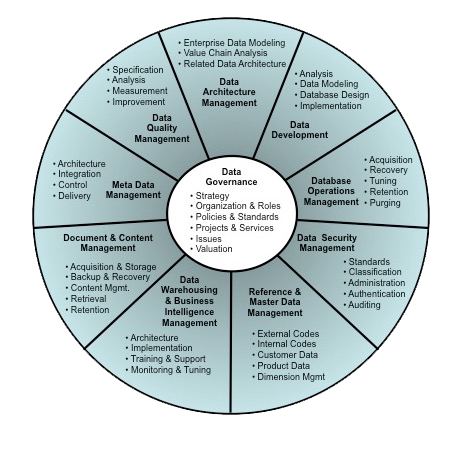
5A Solutions
The 5A Solutions Reference Framework is an innovative proposal for the development of advanced solutions and/or applications inspired by STEM (Science, Technology, Engineering and Mathematics). This framework consists of 5 fundamental dimensions: Applications, Analytics, Artificial Intelligence, Automation and Arcade. In addition, it is designed to guide the creation and optimization of information technologies in a context of digital transformation.
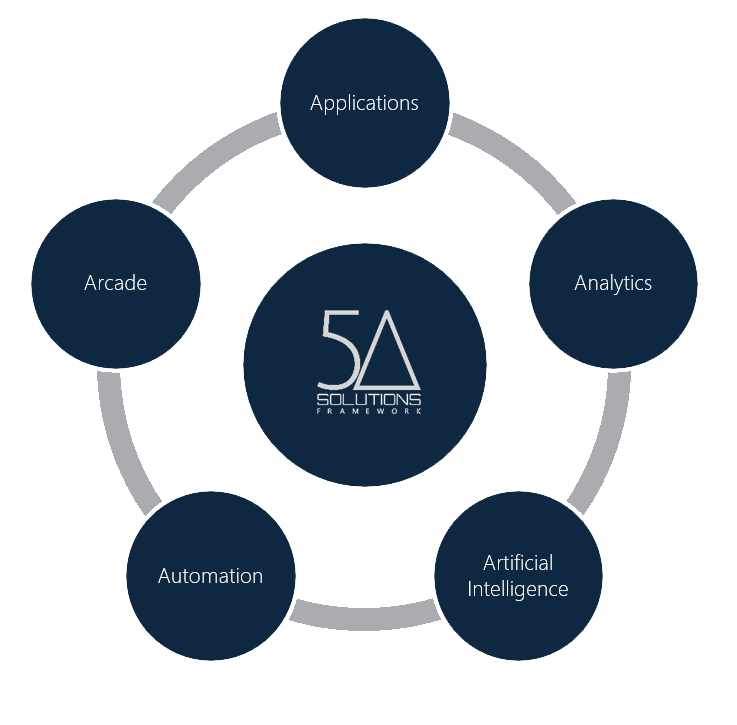
SCRUM
Scrum is an agile framework designed to facilitate team collaboration on complex projects. Originating in software development, Scrum has become popular across various industries for its flexibility, simplicity, and effectiveness. It structures project management around short, iterative cycles known as sprints, typically lasting two to four weeks. Within these sprints, cross-functional teams work towards predefined goals, allowing for rapid development and feedback. Key roles in Scrum include the Product Owner, Scrum Master, and the development team. Scrum emphasizes continuous improvement, adaptability, and the delivery of high-quality products, making it a go-to methodology for organizations aiming to stay competitive and responsive to change.
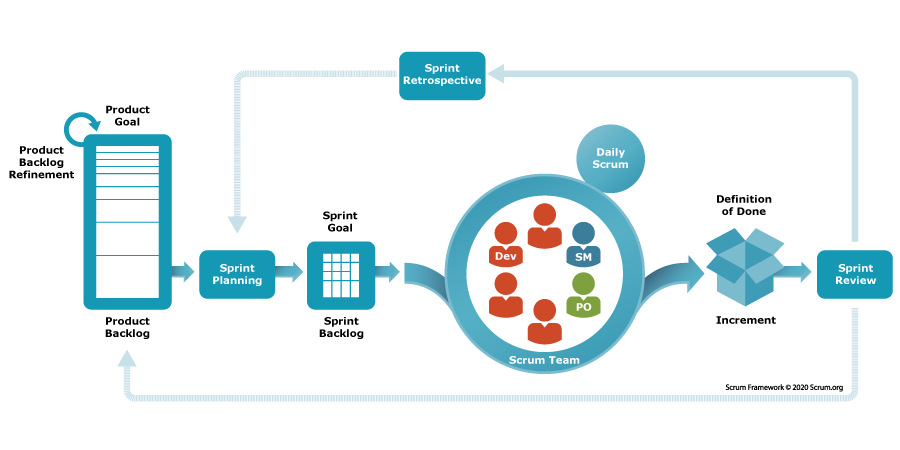
CRISP - DM
Cross-Industry Standard Process for Data Mining (CRISP-DM) is a proven method for guiding analytics and data mining projects. It applies both to the management of data projects and as a guide for the data mining or analytics lifecycle. The model starts with understanding the business problems or needs and comprehending the data available within the organization, then proceeds to prepare, model, and distribute them. In the project, it will be applied for the development of the requirements approved by the DPC for the processing and analysis or exploitation of the data and for the visualization of the models developed in the variable cost component.
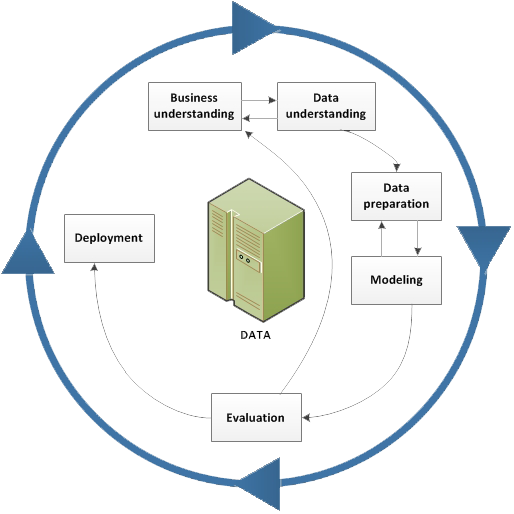
DevOps
MLOps, or Machine Learning Operations, is an extension of the DevOps methodology that aims to include machine learning and data science processes in the development and operations pipeline to make ML development more reliable and productive. It optimizes the analytical development cycle and the company's operational processes. MLOps will be used in the project with the goal of making the development process and the operational deployment for analytical models efficient, optimizing the CRISP-DM cycle times. This will involve utilizing the technologies and tools available to the DPC.

TOGAF 10
TOGAF (The Open Group Architecture Framework), includes the Architecture Governance Framework, a foundation for the structure of Enterprise Architecture (EA) governance. In its version 10, it places greater emphasis on applying agile features in the architecture development cycle. TOGAF and its Architecture Governance Framework will be used to guide the definition of the components that should be part of the Enterprise Architecture governance model for the MdH.
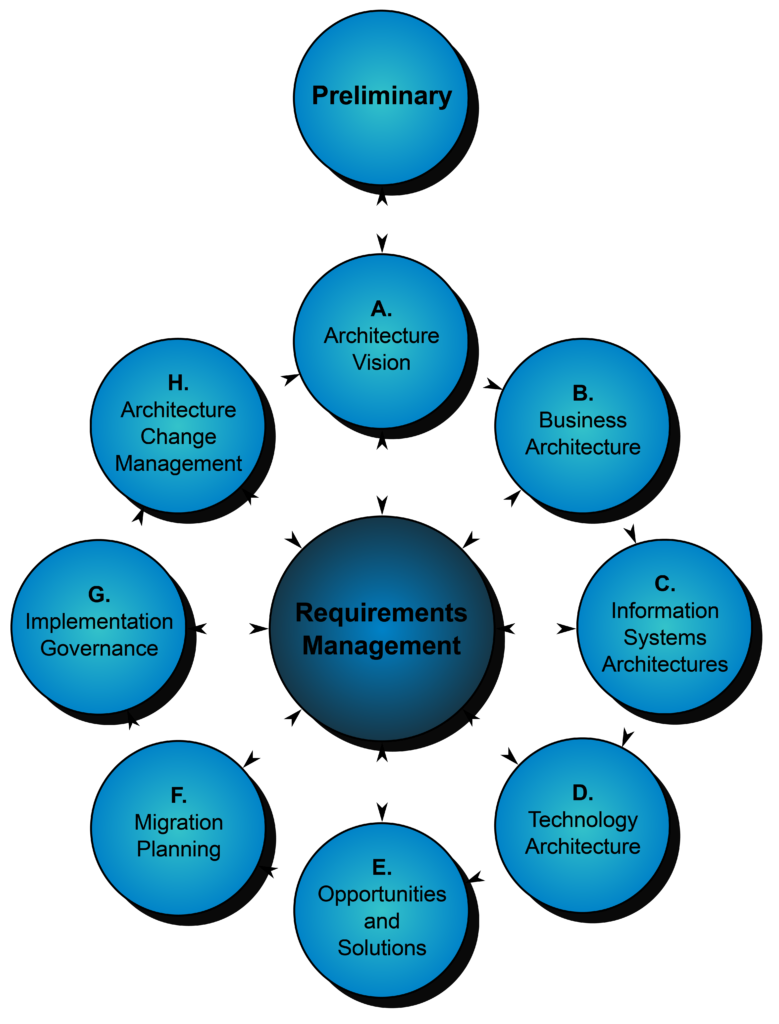
MLOps
MLOps, or Machine Learning Operations, is an extension of the DevOps methodology aimed at incorporating machine learning and data science processes into the development and operations chain. This inclusion aims to make ML development more reliable and productive, optimizing both the analytical development cycle and the operational processes of the company. MLOps will be utilized in the project to ensure that the development process and operational deployment for analytical models are efficient, thereby optimizing CRISP-DM cycle times. This will be achieved through the use of technologies and tools available to the DPC.
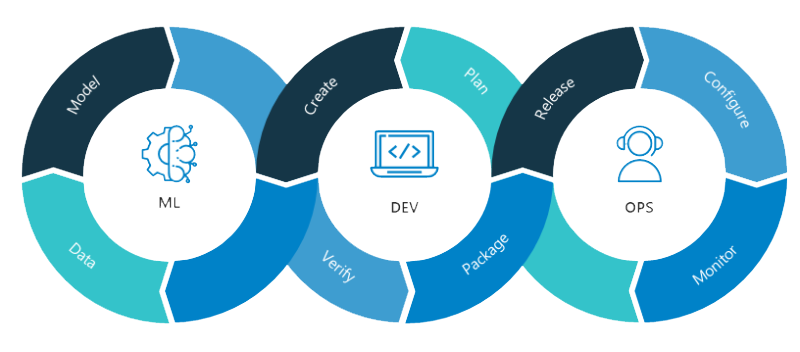
DataOps
In recent years, two innovations have revolutionized the business world. The DevOps methodology has changed the lives of IT teams and developers, while Data Science now allows for better decision-making based on data.
Today, DataOps is a methodology that seeks to combine both. It is an agile methodology focused on data analysis.
In collaboration with Data Scientists, DevOps teams create processing tools that allow companies to fully leverage their data.
The goal of DataOps is to simplify the creation, development, and maintenance of these applications. The aim is to improve the way data is handled and products are created.
These improvements are aligned with the objectives of the company. DataOps enables any organization to become Data-Driven.




